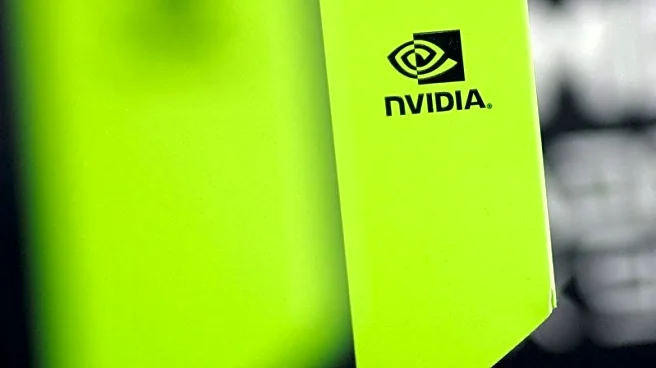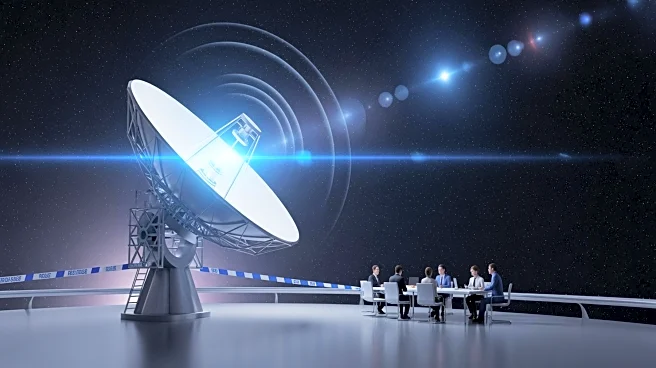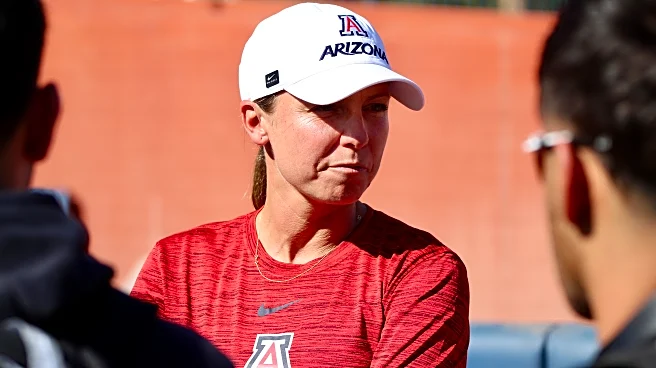By Stephen Nellis
SAN FRANCISCO (Reuters) -Nvidia, the world's most valuable company, has gone on the defensive against skeptics of its $4.5 trillion valuation, down from a historic $5 trillion, by waging
an information campaign on Wall Street and social media.
Last week, the company issued a detailed memo to sell-side stock analysts with a point-by-point rebuttal of claims made by Michael Burry, who was featured in the book and movie "The Big Short," and others writing on Substack. Burry, who shot to fame for betting against the U.S. housing market ahead of the 2008 financial crisis, is widely watched by investors for his comments on markets and the economy; he has stepped up criticism of Nvidia in recent weeks in a new newsletter.
The memo, seen by Reuters, was published in full by research firm Bernstein on Wednesday. In it, Nvidia responded to a Substack essay by a different author that purported to use an AI analysis of Nvidia's public financial disclosures to show that inventories were piling up and customers were unable to pay.
Nvidia also provided a detailed rebuttal, pointing to its publicly available disclosures, to say why it should not be compared to historical accounting frauds such as WorldCom, Lucent or Enron. But Nvidia did concede that its most recent Blackwell chips had lower gross margins and higher warranty costs than previous models due to the Blackwell's complexity.
Nvidia did not respond to a request for comment on the memo.
The memo was published by Bernstein a day after Nvidia's shares declined following the release of a report from technology publication The Information saying Meta Platforms was in discussions with Alphabet's Google to use Google AI chips that compete with Nvidia's semiconductors.
Nvidia publicly responded to the story on X, saying it is "delighted by Google's success" but that its chips remain "a generation ahead" of its rivals. The post itself drew questions and criticism from users on X who wondered why Nvidia was taking to social media to defend itself against Google, which is one of Nvidia's major customers.
"Surely someone at Nvidia sees how bad this looks ... right?" wrote Susan Zhang, a researcher at Google's DeepMind, with more than 38,000 followers.
(Reporting by Stephen Nellis in San Francisco; Editing by Thomas Derpinghaus)










